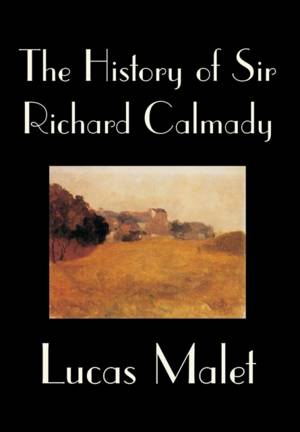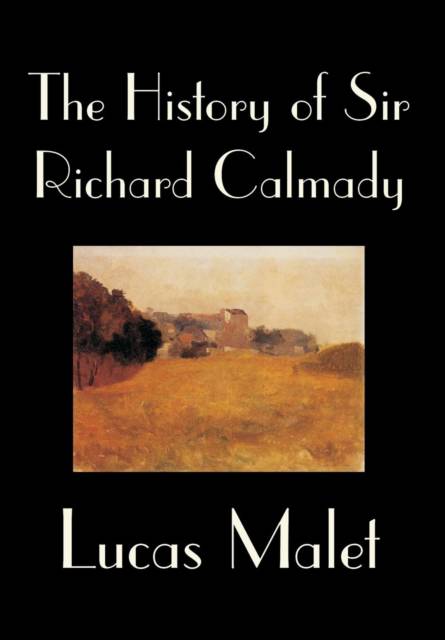
- Retrait gratuit dans votre magasin Club
- 7.000.000 titres dans notre catalogue
- Payer en toute sécurité
- Toujours un magasin près de chez vous
- Retrait gratuit dans votre magasin Club
- 7.000.0000 titres dans notre catalogue
- Payer en toute sécurité
- Toujours un magasin près de chez vous
Description
In the grey of the summer evening, as the sunset faded and the twilight gathered, spreading itself tenderly over the pastures and cornfields, -- over the purple-green glooms of the fir forest -- over the open moors, whose surface is scored for miles by the turf-slane of the cottager and squatter -- over the clear, brown streams that trickle out of the pink and emerald mosses of the peat-bogs, and gain volume and rigor as they sparkle away by woodside, and green-lane, and village street -- and over those secret, bosky places, in the heart of the great common-lands, where the smooth, white stems and glossy foliage of the self-sown hollies spring up between the roots of the beech trees, where plovers cry, and stoat and weasel lurk and scamper, while the old poacher's lean, ill-favored, rusty-colored lurcher picks up a shrieking hare, and where wandering bands of gypsies -- those lithe, onyx-eyed children of the magic East -- still pitch their dirty, little, funguslike tents around the campfire, -- as the sunset died and the twilight thus softly widened and deepened, Lady Calmady found herself, for the first time during all the long summer day, alone. . . .
Spécifications
Parties prenantes
- Auteur(s) :
- Editeur:
Contenu
- Nombre de pages :
- 508
- Langue:
- Anglais
Caractéristiques
- EAN:
- 9780809597192
- Date de parution :
- 01-01-04
- Format:
- Livre relié
- Format numérique:
- Genaaid
- Dimensions :
- 152 mm x 229 mm
- Poids :
- 893 g

Les avis
Nous publions uniquement les avis qui respectent les conditions requises. Consultez nos conditions pour les avis.






